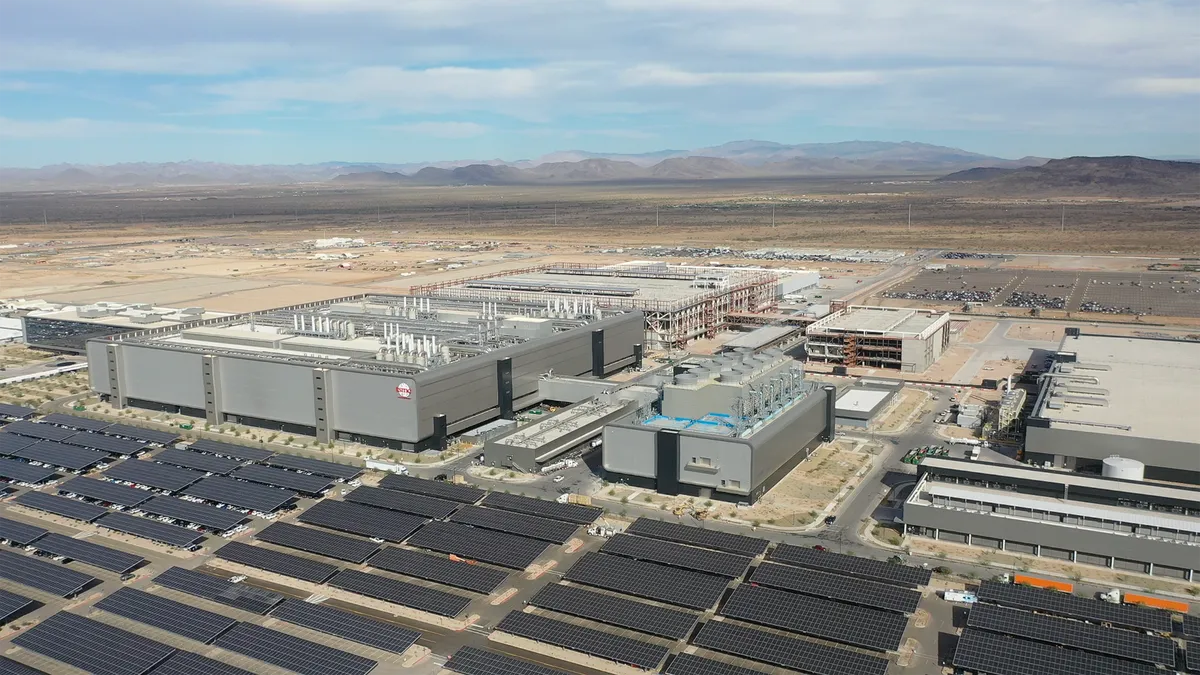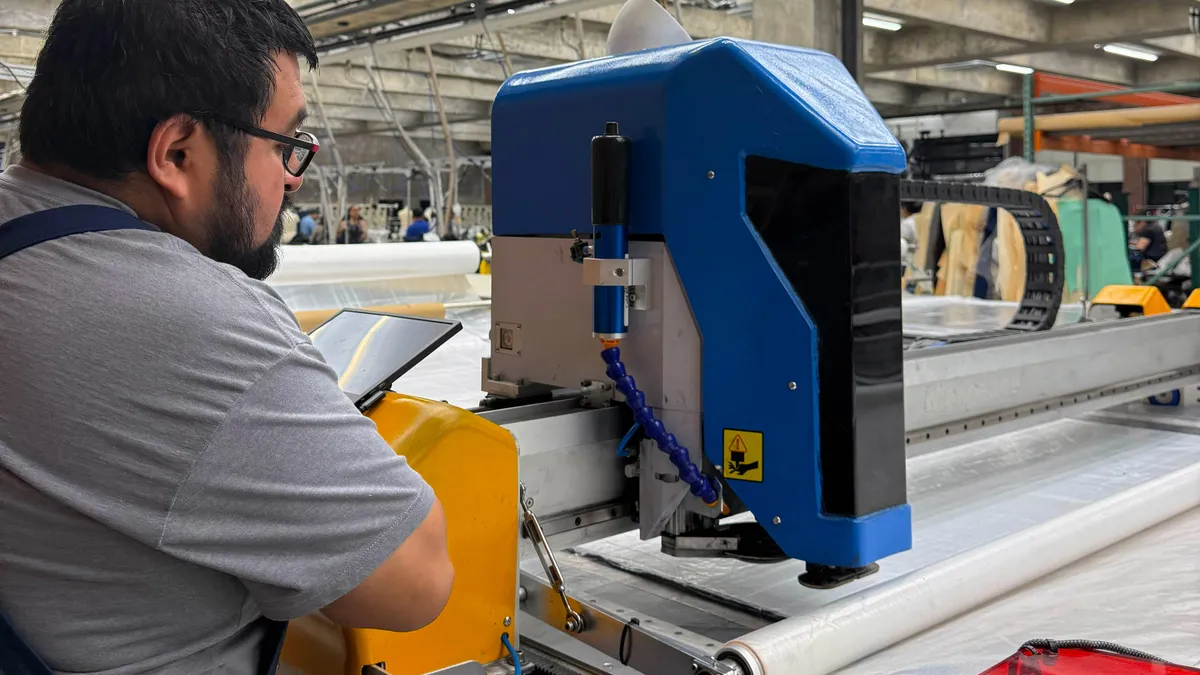The Commerce Department finalized Taiwan Semiconductor Manufacturing Co.’s $6.6 billion CHIPS and Science Act funding award, the agency announced Friday.
The money will be used for TSMC’s three upcoming fabrication plants in Arizona, and is only the second award to be finalized since the CHIPS and Science Act was signed into law in 2022.
The award, previously announced in April, includes an additional $5 billion in loans as part of the agreement. The three projects will cost more than $65 billion and are expected to create approximately 6,000 direct manufacturing jobs and more than 20,000 construction jobs.
The department will disburse the funds based on TSMC’s completion of project milestones, but no details were announced on specific timelines.
The funding finalization comes as President Joe Biden looks to push out CHIPS awards ahead of President-elect Donald Trump’s return to office in January, where the status of the semiconductor law remains unclear.
TSMC’s award finalization is the second project to hit the milestone since the government began announcing funding in December 2023. Polar Semiconductor is the only other chipmaker to finalize its award, after the Commerce Department completed its due diligence phase in September.
The first fab is set to start production in the first half of next year. The second facility is scheduled to begin volume production in 2028 and the third plant will start production by the end of the decade, according to the release.
The Commerce Department also offered further details on the types of chips TSMC will produce at the sites. Fab 1 will manufacture 4-nanometer chips and 5-nanometer FinFET process technologies, while Fab 2 will focus on 3-nanometer FinFET process technologies and A16 and 2-nanometer nanosheet process technologies, according to a National Institute of Standards and Technology fact sheet.
TSMC’s innovative A16 technology has been in the limelight as the company’s most advanced production node to date. It will integrate TSMC’s N2 nanosheet transistor process with next-generation backside power delivery, improving total performance and power consumption, according to the NIST release.
In a statement, President Joe Biden touted the award as “one of the most critical milestones yet in the implementation of the bipartisan CHIPS & Science Act.”
“This is the largest foreign direct investment in a greenfield project in the history of the United States,” Biden said.
The president risks leaving behind billions of dollars in un-finalized CHIPS award funding as his exit from office approaches in January. The future of the CHIPS Act remains unclear as President-elect Donald Trump has expressed disdain for the federal subsidies.
The Biden administration thus far has announced $36 billion in preliminary agreements for funding awards across 20 states, according to the Commerce Department.
“We put up billions of dollars for rich companies to come in and borrow the money and build chip companies here, and they’re not going to give us the good companies anyway,” Trump said on the Joe Rogan podcast last month.
Some business groups in Ohio, Oregon, New Mexico and New York have been pushing for the immediate release of CHIPS Act money as they grow concerned that the federal funds associated with these laws are not being distributed in a timely manner, the Columbus Dispatch reported.












